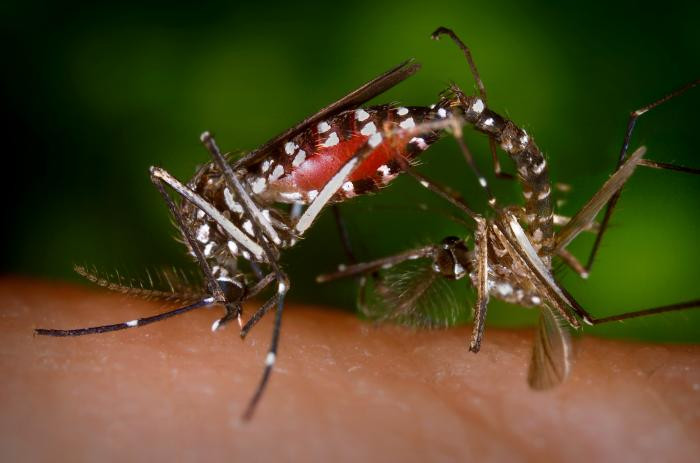ASTMH Annual Meeting 2025
blogUnderstanding the Role of Dengue Virus NS1 in the Pathogenesis of Severe Dengue Disease
By: Kristina Burrack

This blog was written by Kristina Burrack of the University of Minnesota, an early-career attendee to TropMed18 and guest blogger.
Dengue virus (DENV) causes an estimated 390 million infections around the world annually. Severe and sometimes fatal forms of the disease–dengue hemorrhagic fever and shock syndrome–are marked by the blood vessels of the body becoming leaky. Endothelial cells lining blood vessel walls are directly responsible for maintaining the walls’ integrity and thus are an important focus of research to prevent leakage. Previous research has identified that one of the proteins contained in the dengue virus, NS1—which gets secreted from the human cells the dengue virus invades—is implicated in making blood vessels more permeable to fluids.
Arturo Barbachano-Guerrero, a graduate student in Dr. Timothy Endy’s laboratory at SUNY Upstate Medical University, discussed his findings Tuesday at TropMed18. Barbachano-Guerrero demonstrated that NS1 is internalized by endothelial cells. This led the endothelial cells to change shape, resulting in loss of vascular integrity.
Dr. Chunling Wang in Dr. Eva Harris’s lab at the University of California Berkeley presented additional findings on the role of NS1 in severe dengue disease. Dr. Wang identified the specific pathway in endothelial cells that is needed to internalize the NS1 protein. She further identified a mutant NS1 that stayed bound to the surface of endothelial cells and was not internalized.
By understanding the specific mechanism by which the NS1 protein makes the blood vessels leaky, researchers can better develop anti-viral therapies and NS1-based dengue vaccines.
Related Posts
By: Matthew Davis, Burness